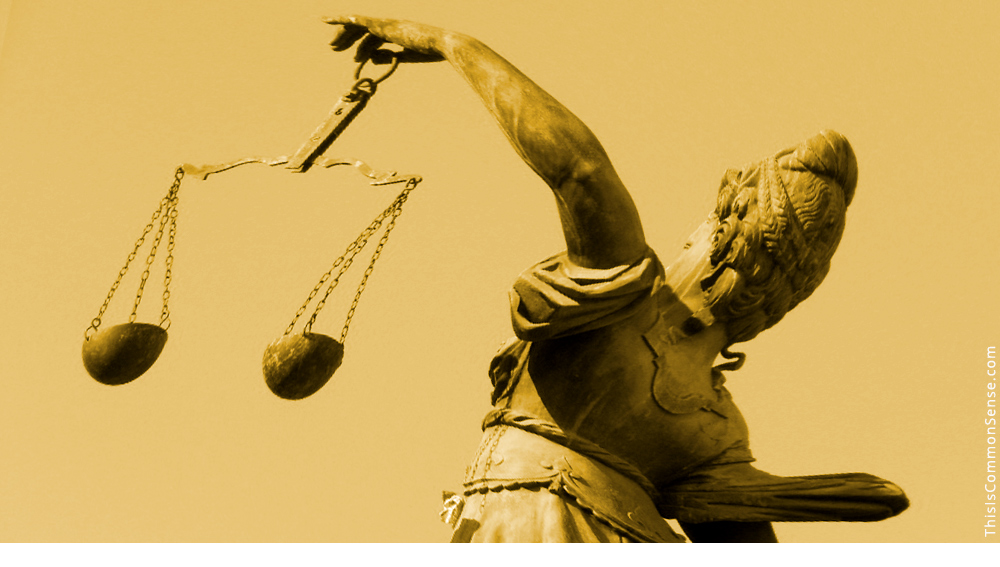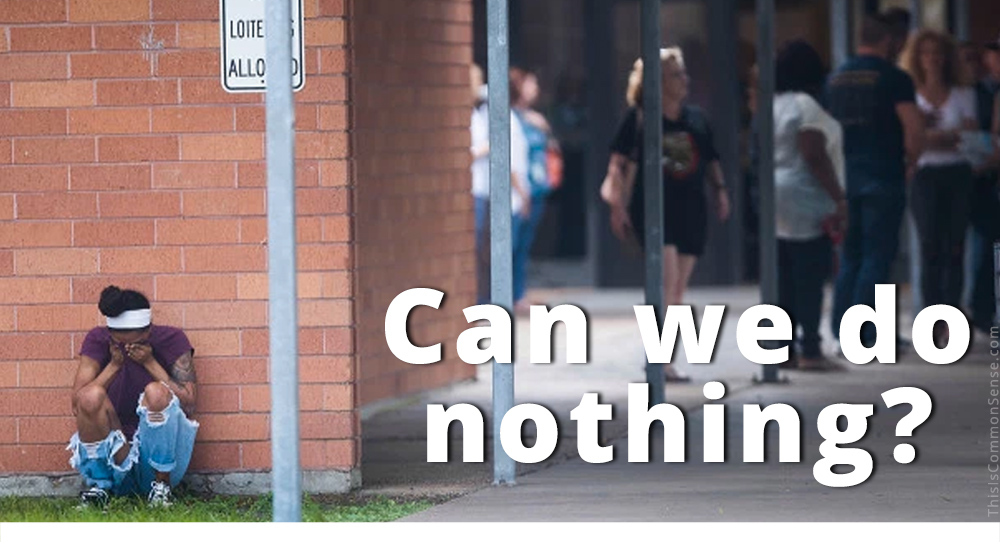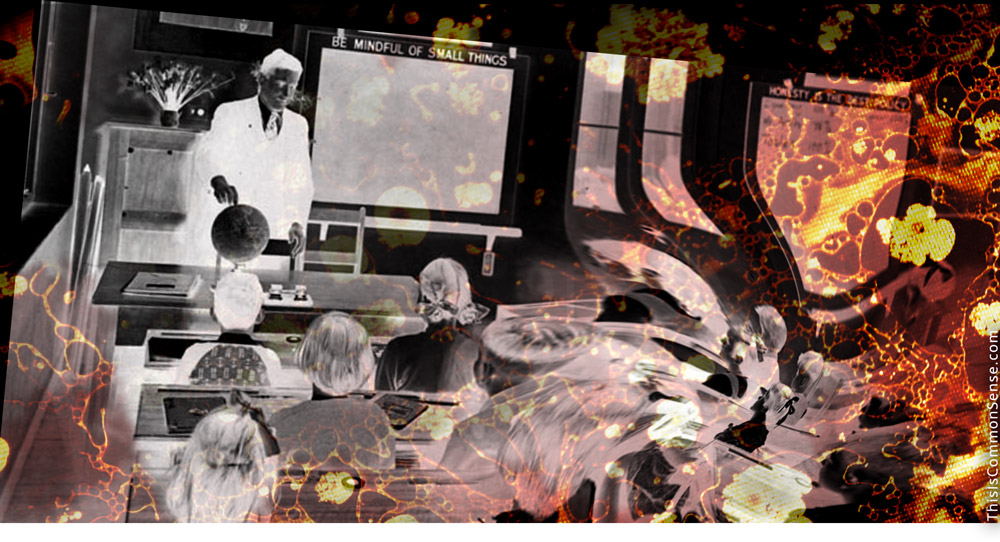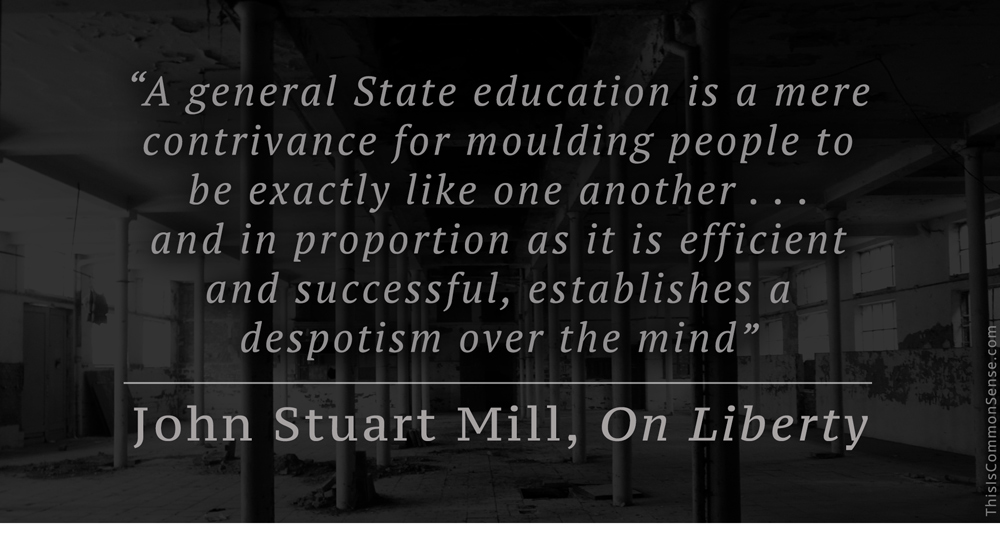New York Mayor Bill de Blasio has a beef with Stuyvesant High School.
It’s about race, of course.
Stuy (as it is affectionately known) is a tuition-free accelerated academic/college prep program open to all city residents based on how well they perform on a specific test.
Unsurprisingly, Asians make up the bulk of the student body.
And de Blasio finds this horrific, a “monumental injustice” — there should be more Hispanic and black students, he says.
In front of black parishioners.
Demagoguery aside, the New York Mayor’s attack is really against the very idea of a meritocracy. The old Progressive vision was to pull from every ethnic group, economic strata, and community the best and brightest, allowing people to advance by study and hard work. Progressives called this “equality of opportunity”; most everybody else, “the American Dream.”
It was the Progressives’ pride and joy.
And today’s progressives are hell bent on destroying it.
They demand “diversity” instead — by which folks like de Blasio mean participation based not on talent and studiousness and sheer academic drive (which some cultures push more than others), but, instead, on today’s primary progressive obsession: skin color.
“My limited tolerance for affirmative action,” writes Richard Cohen in the Washington Post, addressing de Blasio’s excess, “possibly permissible when the poor are advantaged at the expense of the rich — hits a wall in this case.”
My tolerance for “affirmative action” hits the wall earlier: Help the poor afford to go where they can academically earn a spot. (Helping privately would be best.) But do not let race or any other demographic factor put a finger on the merit scale.
This is Common Sense. I’m Paul Jacob.











